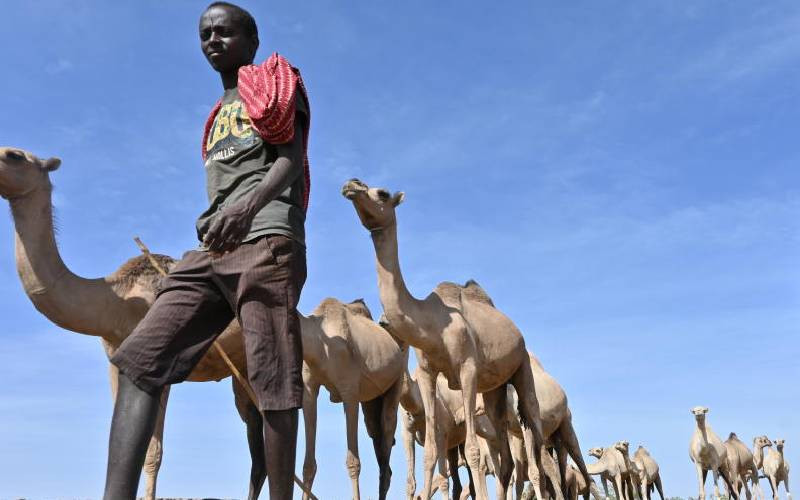×
The Standard e-Paper
Stay Informed, Even Offline

Individuals in pastoral regions are advised to be keen as they interact with stock to avoid contracting diseases, among them the Middle East Respiratory (MERS) syndrome.
MERS is a zoonotic disease caused by MERS-Coronavirus (MERS-CoV), a virus that infects both animals and humans, with close linkage to camels. MERS was first reported in humans in Saudi Arabia in 2012. MERS-CoV is related to both SARS-CoV which emerged in Hong Kong in 2002 and SARS-CoV-2 which is responsible for the Covid-19 pandemic.